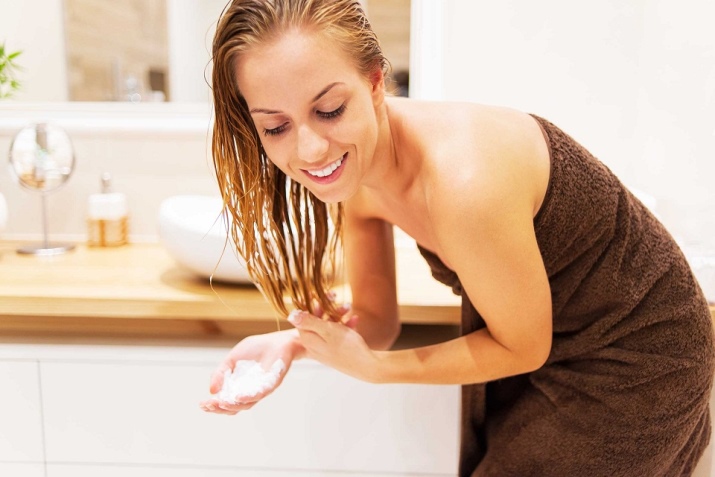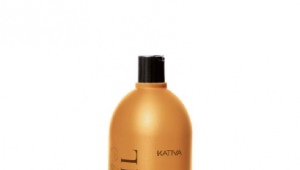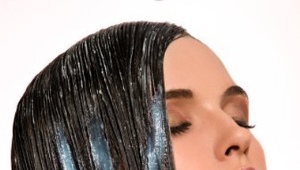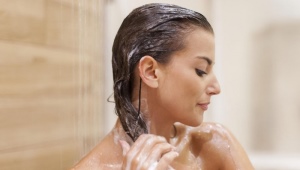Conditioners for damaged hair
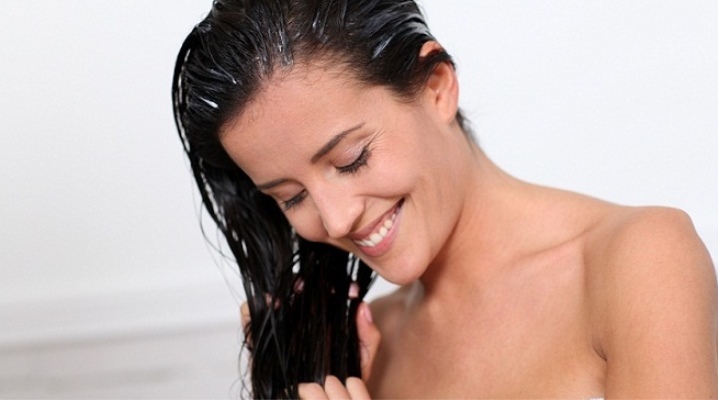
Conditioner is a product after which the hair acquires shine, silkiness, becomes obedient when styling. From time immemorial, women have used exclusively oils for these purposes: rose, ylang-ylang, cloves or chamomile.
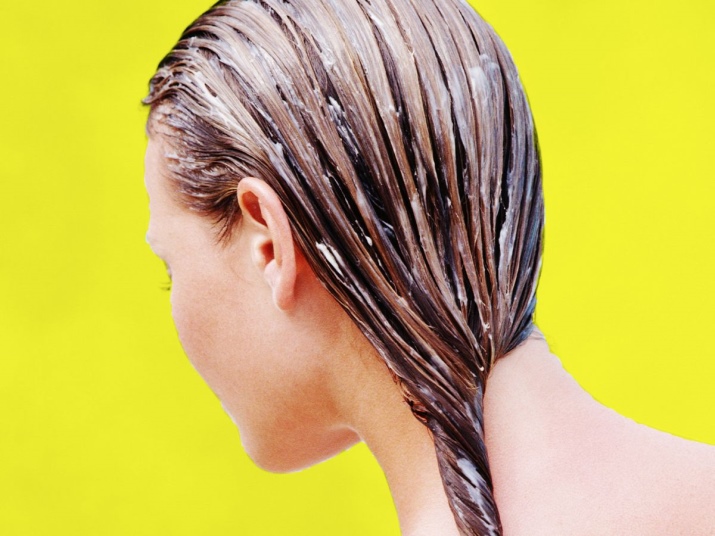
This would have continued if the perfumer Edouard Pinault had not invented the conditioner for discerning gentlemen - brilliantine. As an achievement of progress, a magical remedy for softening and glossing smart beards was presented in 1900 at the World Exhibition in Paris. But the fashion for male cheek hair quickly passed and the invention was redesigned for women's needs.
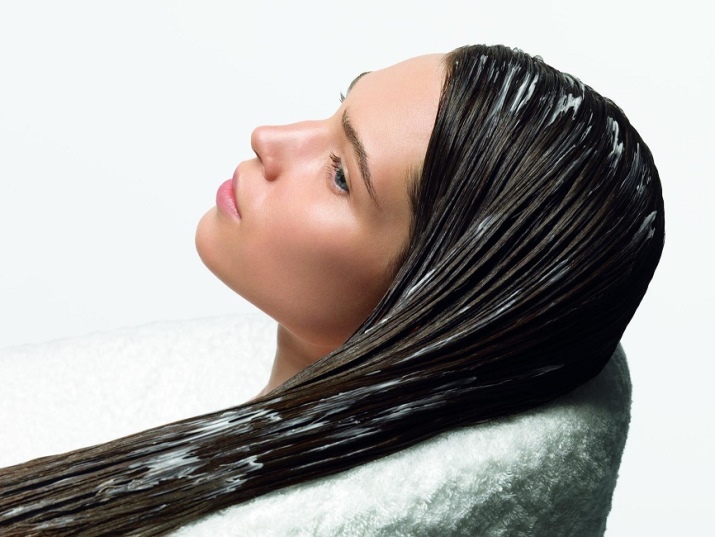
Narrow specialization
Today, without a conditioner, washing your hair is unimaginable and there is a good reason for this. Any even very good shampoo washes out the protective fatty film along with the dirt, which must be restored in order to avoid brittle hair already overdried by a hair dryer, weakened by perms or other chemical procedures. Miraculous additives in detergent are weak, because washing and nourishing well are two different procedures, and what is good for curls is not always good for the skin.
Conditioner specializes in hair care, but it does not forget about the skin.
It does not contain a large number of active nutrients, like a balm, but it contains silicones, fatty acids, quaternary ammonium compounds. Everything you need for beauty without weighing down the strands.
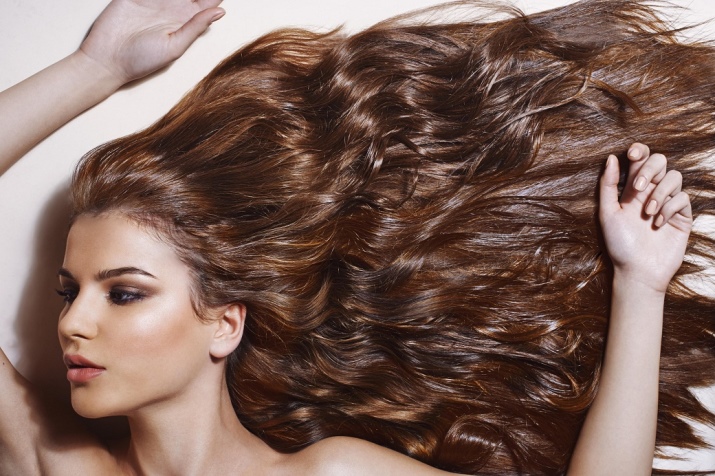
It is indispensable for frequent washing, when skin sebum does not have time to recover. The substance covers the outer part of the cuticle and each hair with a film, firmly pressing the scales to the shaft. A completely smooth surface is formed, from which radiance emanates, like from the facets of a precious stone. Curls do not stick together and there is no excessive fat content. Special components prevent negative environmental influences.
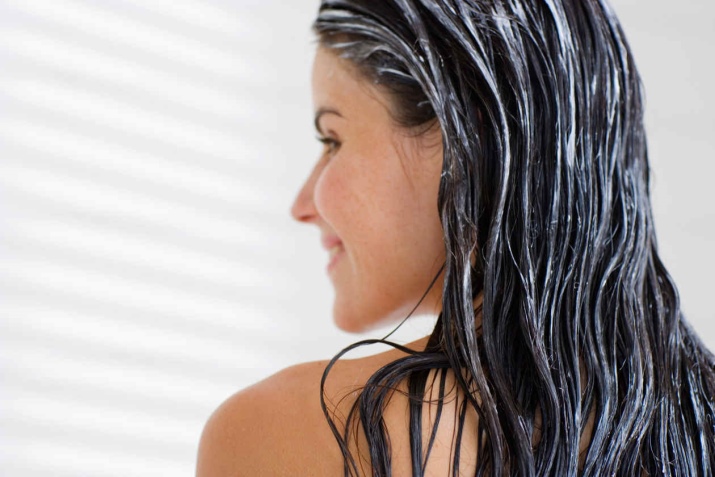
Useful for "tired" from the sun hair or damaged hair. And in removing the static stress that they accumulate in the winter under the cap, the air conditioner has no equal. Maximum hydration easily solves this problem and no matter what comb you use, even the longest strands will not tangle.
Brief summary of the series
Currently, conditioners are produced in series for different types of hair. For oily - with a minimal moisturizing effect ("Nettle and Lemon" from Oriflame), for curly and dry - with a maximum (MATRIX Total Results Moisture). For damaged and very dry professionals, extra moisturizing is provided (KeraSys Damage Care Repairing, Wheat and Coconut by Oriflame). For all types - Kerastase Elixir Ultime Beautifying Oil Conditioner.
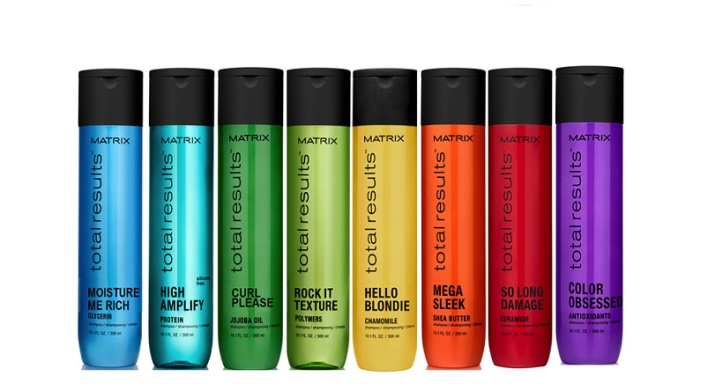
There are a lot of herbal and synthetic additives that enrich air conditioners, it all depends on the capabilities of the perfume factory and the price segment for which the products are created. All products use natural ingredients: juices, decoctions.For example, mango extract, which is an excellent natural moisturizer, or honey, which gives softness and smoothness to curls.
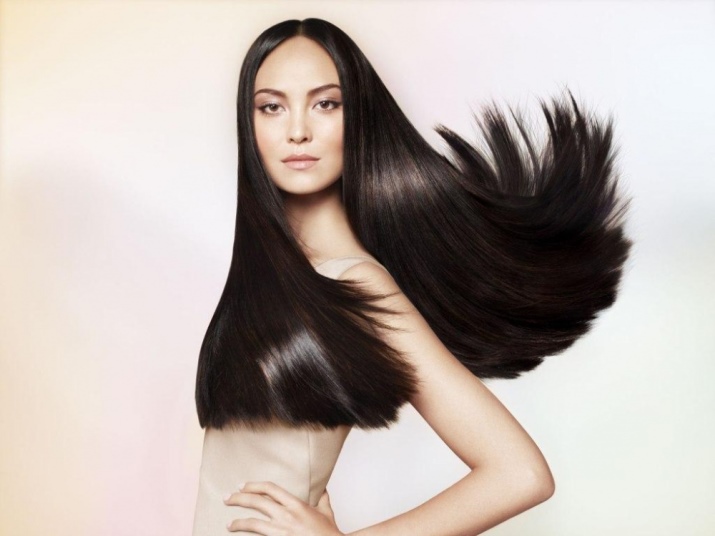
Types of moisturizing conditioners:
- with a nourishing effect (Dikson Revitalizing-nourishing conditioner, Shiki-Oriori)
- with restorative effect (KRACIE Naive, Gliss Kur)
- with thermal protection (BiElita Revior, Londa Professional, Label)
- with antistatic effect (KeraSys Oriental Premium, Estel Curex Versus Winter, KEUNE Ultimate Control)
- for secure hold: lightening or weighting hair (Kallos Cosmetics Hair Botox, Rejoice Softening, Style Aromatherapy)
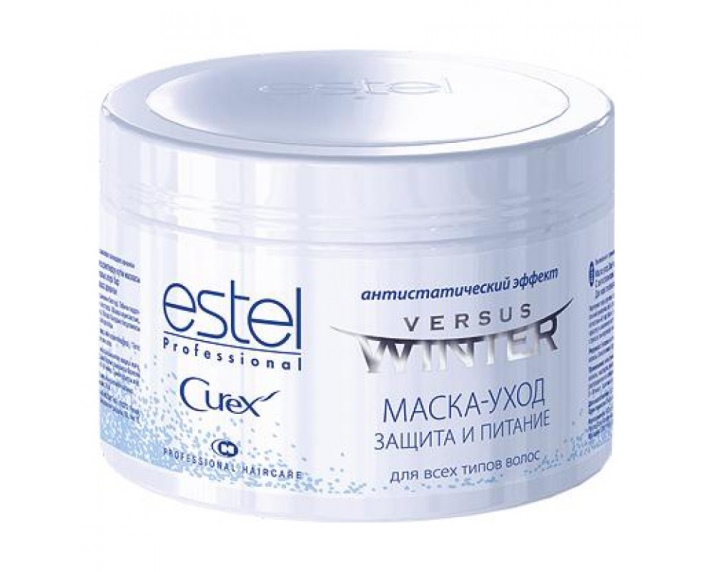
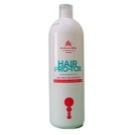
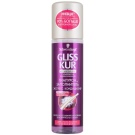
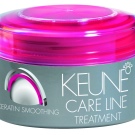
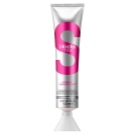
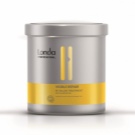
We analyze the composition
Panthenol
Most conditioners include nutritional supplements: vitamin B5 or its synthetic substitute, panthenol. It is panthenol that creates a protective film on the hair, which saves from ultraviolet radiation and temperature extremes. And under this film, as in a capsule, nutritional components are preserved. It is no coincidence that the hair after the conditioner looks thicker and thicker, the composition increases their thickness by up to 10%.
Panthenol or dexpanthenol normalizes the condition of the damaged epidermis, providing a moisturizing, anti-inflammatory and antibacterial effect. In a conventional remedy, it is not more than 5%, in medical - up to 75%.
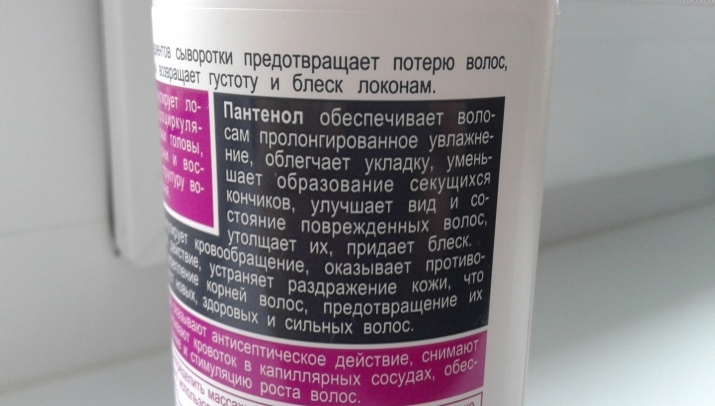
Films, which are formed by many components of the air conditioner, do not interfere with the breathing of the skin, but they prevent the separation of dead cells. It is believed that this contributes to premature aging of the skin. Therefore, experts recommend using one line of shampoos and conditioners, which are designed specifically to work in pairs. But even then, sometimes your hair and skin need a vacation.
Dimethicone
Dimethicone is added to conditioners with irritating ingredients.It neutralizes aggressive detergents and thermal protection components, leaving a feeling of freshness and silkiness. Works equally well on normal sensitive and dry skin. Used in all price categories.
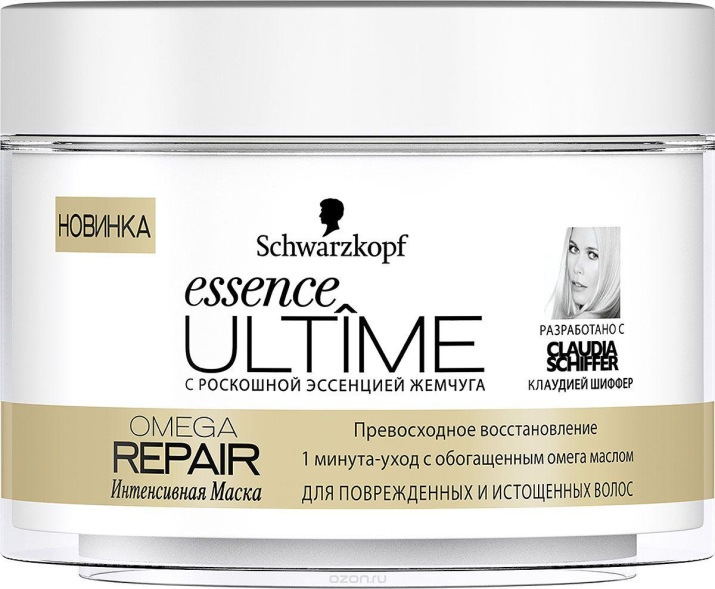
Dimethicone is practically insoluble in water and stays on the strands for up to four shampoos. Then it is washed off with a regular shampoo with cocamidopropyl betaine (lauramidopropyl betaine). No chemicals, it's just a surfactant that comes from coconut oil or beets. But to remove dimethicone from the surface of the skin, you will need a special fat-containing lotion.
A sulfate-free shampoo may not be able to cope with the removal of a protective additive: the strands will not look completely clean, shiny. In this case, you must either choose a different shampoo or change the conditioner. When you change the detergent, the effect of greasy hair disappears after the second shampoo.
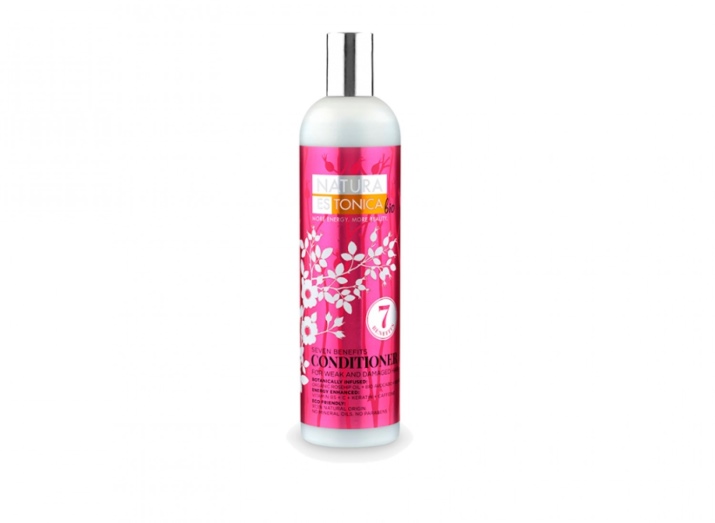
Silicone components
Synthetic silicone components, depending on the price bar, differ in the thickness of the structure. In more expensive ones, they are thinner and less heavy on the hair. However, dense, according to reviews, simply require more economical use.
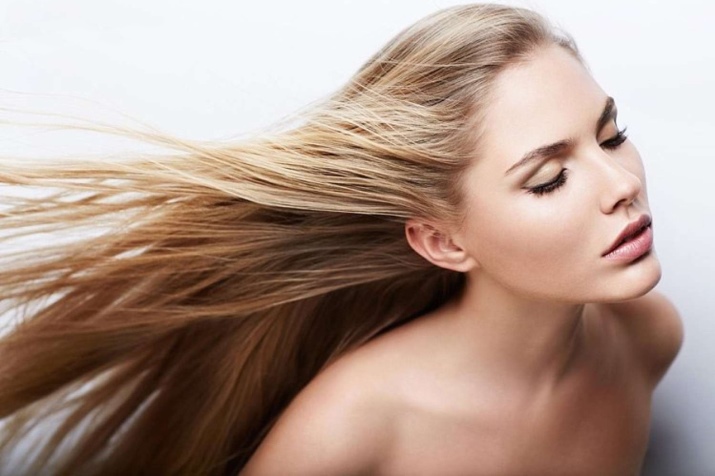
Cosmetic silicones are absolutely harmless, which is confirmed from time to time by scientific studies. They cannot be absorbed by the skin as their molecules are too large. But care is needed when applying such conditioners: they should not get on the scalp and roots of the strands. Otherwise, blockage of follicles by polymers will lead to a slowdown in hair growth and increased oiliness of the skin. Usually, a special shampoo with a peeling effect is produced for such conditioners.
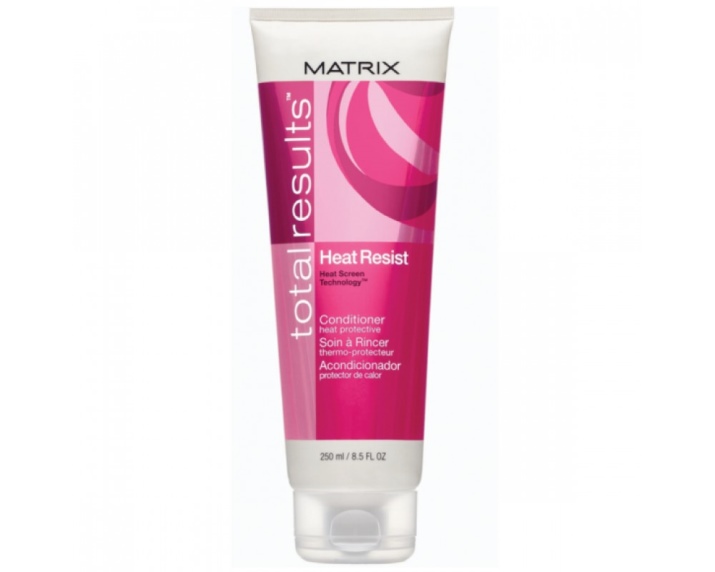
For frequent hair washing are provided:
- Conditioners for daily use. They do not require much effort to apply, they do not need to be kept on the hair for a long time and special rinse aids should not be used. Most often, these are simply moisturizers that are available in collections for different types of hair.
- Conditioners without rinsing (indelible). They are something similar to a cream, which is applied in a small amount to the strands along the entire length. For convenience, the bottles are equipped with a spray bottle or dispenser. Available for different types of hair, ideal for short hair care.
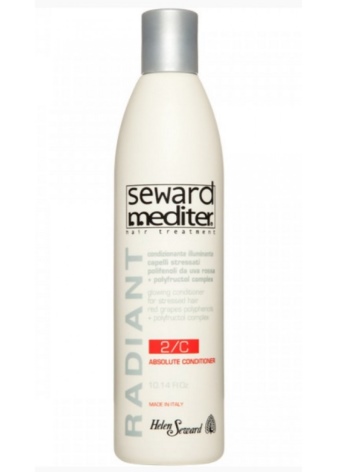
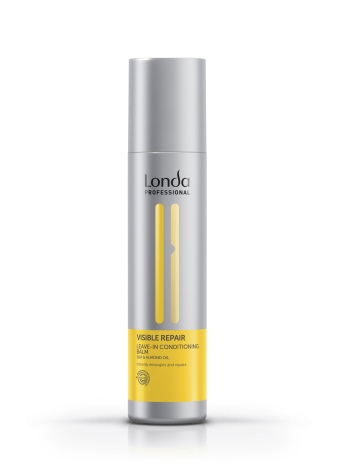
Instructions for use
Any cosmetics requires careful study of the components and test to avoid allergic reactions. Air conditioning is no exception. It is important to choose the right care products based on the type of skin and curls.
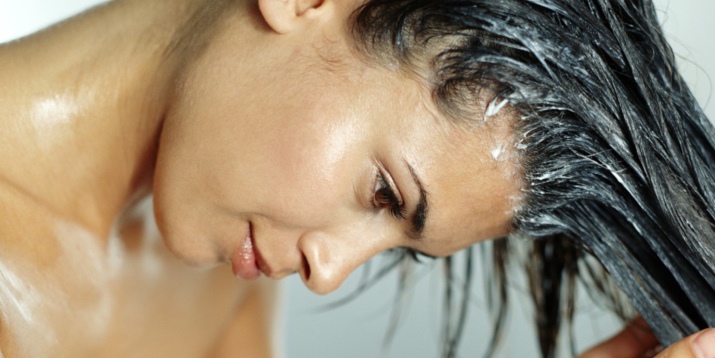
Do not use as a treatment, conditioner only improves the appearance.
Apply only to clean hair, blockage of dirt in the pores and film can lead to hair disease and brittleness.
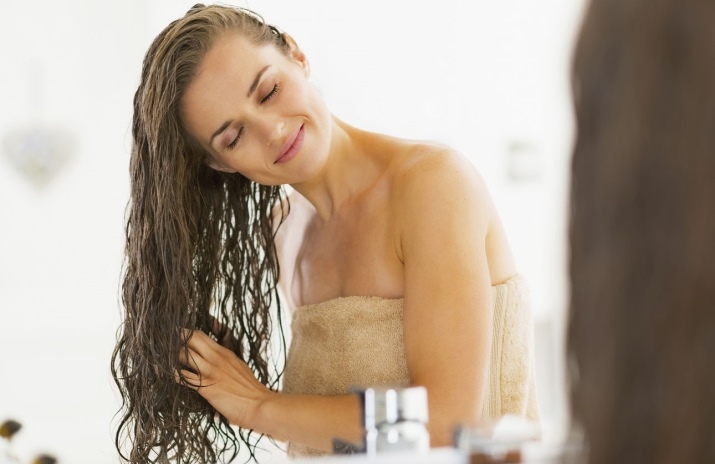
- Do not overexpose the composition on the hair, the effect of oily hair will appear.
- Do not apply conditioners to the scalp - hair may lose volume.
- Do not use shampoos that dry your hair, the conditioner may not be able to cope with moisturizing.
- Thoroughly rinse off the remnants of the product, use shampoos recommended by the manufacturer for this.
